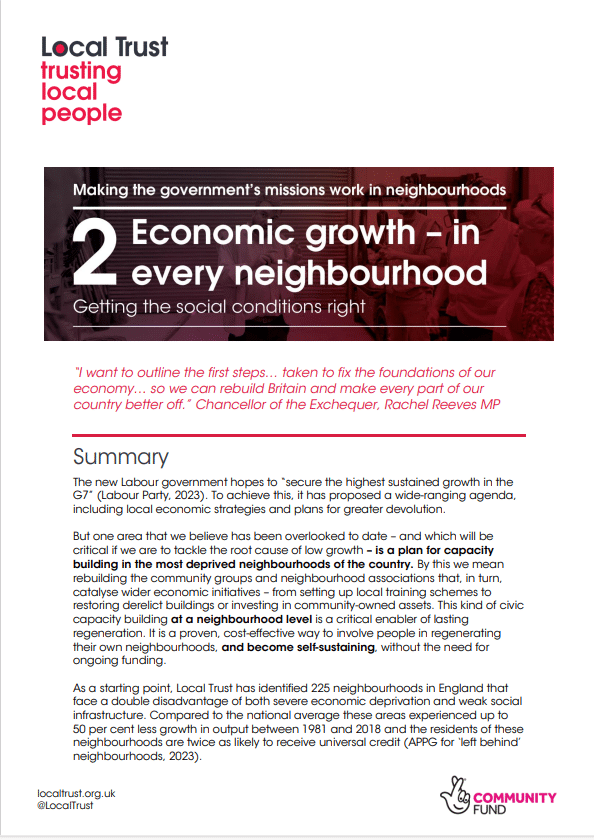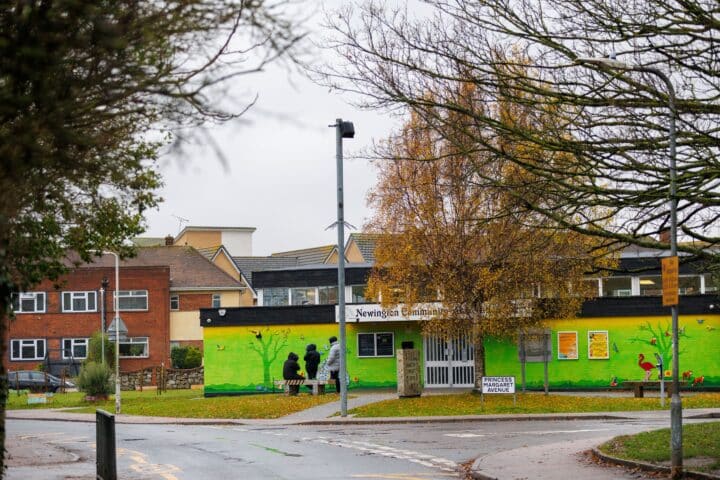Economic growth – in every neighbourhood
This paper looks at economic inequalities at the neighbourhood level and what can be done to help, as part of our series, 'Making the government's missions work in neighbourhoods'

This paper looks at economic inequality at the neighbourhood level, offering four key policy recommendations the government can take to achieve its goal of securing ‘the highest sustained growth in the G7’.
In 2008, we experienced the worst financial crisis for almost a century. Since then, our productivity has stagnated. Too few people have seen their wages and living standards rise. And for the first time in history, Britain’s intergenerational promise – that each generation of parents can expect their kids to grow up better off than they were – has been broken.
If wages are to rise, if we are to fund the NHS, and if we are to invest in excellent public services, we must grow our economy. To achieve this, ahead of the general election Labour set out initiatives that range from investing in science and technology to reforming the planning system to make it easier to build homes.
This paper explores a plan for capacity building in the most disadvantaged parts of the UK – an area that we believe has been overlooked to date – and which will be critical if we are to tackle the root cause of low growth.
It forms part of our series of short papers, ‘Making the government’s missions work in neighbourhoods’. The series explores how learning from the Big Local programme can inform the delivery of the new Labour government’s five missions, and where these could have the greatest impact – at the neighbourhood level. These missions span policy across health, economic growth, education, energy and crime.



